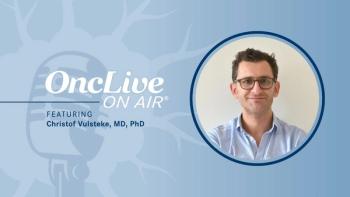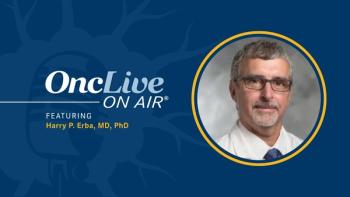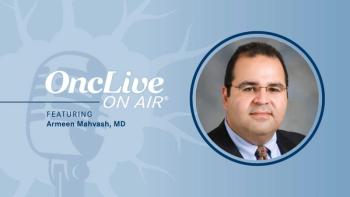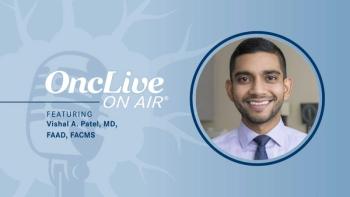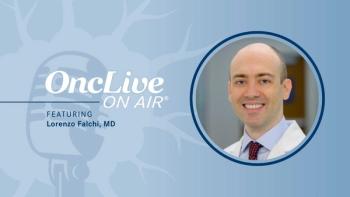
FDA Approval Insights: Vorasidenib in IDH1/2+ Grade 2 Astrocytoma and Oligodendroglioma

Dr Taylor discusses the significance of the FDA approval of vorasidenib for patients with IDH-positive grade 2 astrocytoma or oligodendroglioma.
Welcome to OncLive On Air®! I’m your host today, Ashling Wahner.
OncLive On Air is a podcast from OncLive®, which provides oncology professionals with the resources and information they need to provide the best patient care. In both digital and print formats, OncLive covers every angle of oncology practice, from new technology to treatment advances to important regulatory decisions.
In today’s episode, supported by Servier Pharmaceuticals, we had the pleasure of speaking with Jennie W. Taylor, MD, MPH, about the FDA approval of vorasidenib (Voranigo) for patients with IDH-positive grade 2 astrocytoma or oligodendroglioma. Dr Taylor is an associate professor of clinical neurology at the University of California, San Francisco (UCSF), as well as the community engagement liaison in the Neurologic Oncology Program at the UCSF Helen Diller Family Comprehensive Cancer Center.
On August 6, 2024, the FDA approved vorasidenib for the treatment of adult and pediatric patients at least 12 years of age with grade 2 astrocytoma or oligodendroglioma harboring susceptible IDH1 or IDH2 mutations who have previously undergone surgery including biopsy, sub-total resection, or gross total resection. This regulatory decision was backed by findings from the phase 3 INDIGO trial (NCY04164901), in which, at a median follow-up of 14.0 months (interquartile range [IQR], 10.1-17.9), vorasidenib (n = 168) produced a median progression-free survival of 27.7 months (95% CI, 17.0-not estimated) vs 11.1 months (95% CI, 11.0-13.7) in the placebo arm (n = 163) at a median follow-up of 14.3 months (IQR, 10.0-18.1; HR, 0.39; 95% CI, 0.27-0.56; P < .001).
In our exclusive interview, Dr Taylor discussed the significance of this approval, key data from INDIGO, and where vorasidenib fits into the astrocytoma or oligodendroglioma treatment paradigms.
___
That’s all we have for today! Thank you for listening to this episode of OncLive On Air, supported by Servier Pharmaceuticals. Check back on Mondays and Thursdays for exclusive interviews with leading experts in the oncology field.
For more updates in oncology, be sure to visit www.OncLive.com and sign up for our e-newsletters.
OncLive is also on social media. On X, follow us at @OncLive. On Facebook, like us at OncLive, and follow our OncLive page on LinkedIn.
If you liked today’s episode of OncLive On Air, please consider subscribing to our podcast on Apple Podcasts, Spotify, Amazon Music, and many of your other favorite podcast platforms,* so you get a notification every time a new episode is posted. While you are there, please take a moment to rate us!
Thanks again for listening to OncLive On Air.
*OncLive On Air is available on: Apple Podcasts, Google Podcasts, Spotify, Amazon Music, Audacy, CastBox, Deezer, iHeart, JioSaavn, Listen Notes, Player FM, Podcast Addict, Podchaser, RadioPublic, and TuneIn.


